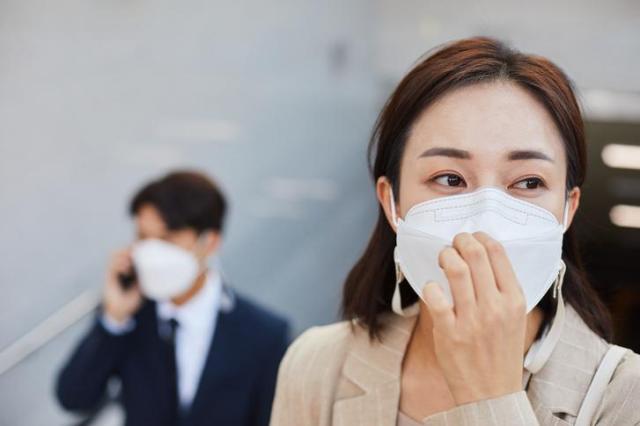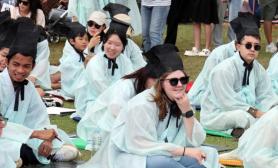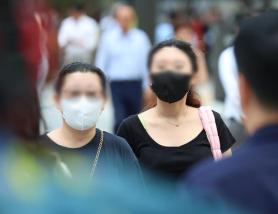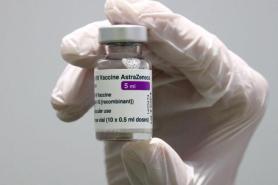
According to the agency, some 465 patients were hospitalized due to COVID-19 in the fourth week of July doubling the previous week's tally of 226 cases.
KCDA has identified a variant called KP.3, known for its immune evasion capabilities.
COVID-related hospitalizations had been declining since peaking in early February but began rising again since late June. The number of new patients jumped from 63 in the fourth week of June to 465 by the end of July, marking a 3.57-fold increase in just four weeks.
Elderly facilities and nursing homes have seen a particularly sharp rise. "It seems like we are about to face a new wave of infections. The number of elderly patients infected with COVID-19 is increasing sharply, which can lead to fatalities due to their age-related complications and chronic illnesses," Jeong Gu-yeon, a nurse at an elderly hospital in Hwaseong, south of Seoul, told Aju Press.
The KCDA said that the detection rate of JN.1, the dominant variant since January, fell from 59.3 percent in June to 19.5 percent in July. Meanwhile, the KP.3 variant's detection rate rose from 12.1 percent to 39.8 percent during the same period.
Citing data from the U.S. Centers for Disease Control and Prevention (CDC), the KCDA explained that while the severity and fatality rates of KP.3 are similar to other variants, it has unique immune evasion capabilities. This means that individuals with antibodies from previous infections or vaccinations could still be infected by KP.3.
Despite the surge, the KCDA allayed public concerns, saying that "there is no need to be overly anxious" about KP.3. Other countries, including Japan, the U.S., the U.K. and other European countries, did not experience significant increases in infections and deaths due to this variant. The KCDA plans to start vaccinations targeting both the JN.1 and KP.3 variants.
Copyright ⓒ Aju Press All rights reserved.




